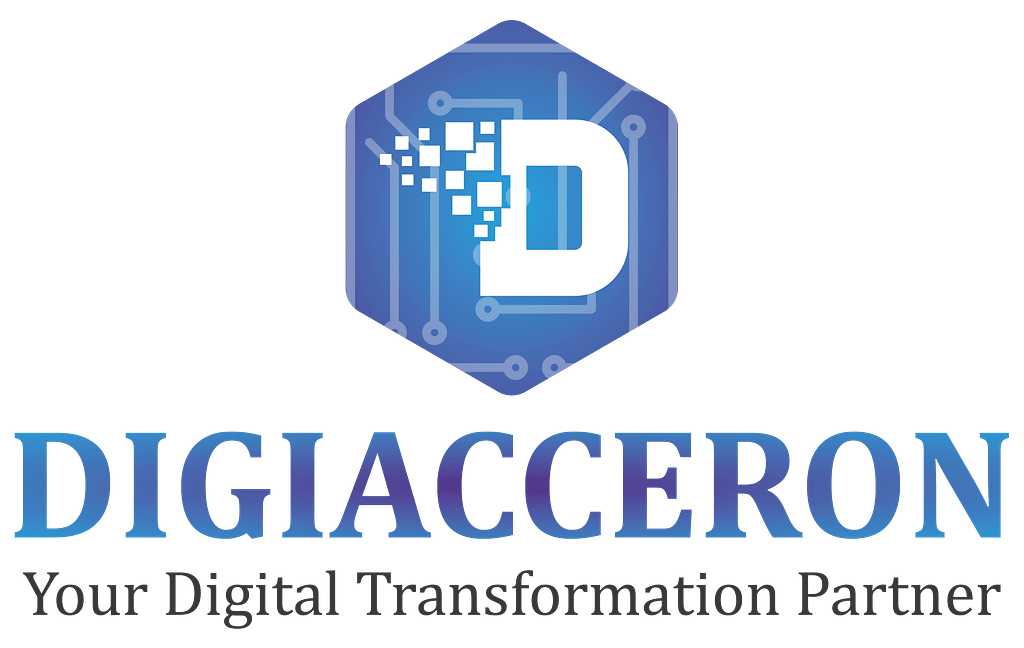In the fast-paced world of IoT (Internet of Things) projects, success hinges on adherence to industry best practices and standards. As businesses and industries embrace the potential of IoT technology, it becomes increasingly important to adopt strategies that ensure reliability, security, and scalability. In this blog post, we’ll explore the key considerations and guidelines for implementing IoT projects that adhere to the latest standards and industry best practices.
Defining Clear Objectives:
Every successful IoT project begins with a clear understanding of its objectives. Whether it’s optimizing operations, enhancing customer experiences, or improving efficiency, defining clear goals is essential to align the project with business objectives and user needs.
Security by Design:
Security is paramount in IoT projects. Implementing security measures at every stage of the IoT ecosystem is crucial to protect against cyber threats and data breaches. Adhering to industry standards such as ISO/IEC 27001 and following guidelines like the OWASP IoT Top Ten ensures that security is built into the design from the outset.

Interoperability and Standards Compliance:
Interoperability is key to the success of IoT ecosystems. Adhering to industry standards and protocols such as MQTT, CoAP, and OPC UA ensures seamless communication and integration across diverse devices and platforms. Compliance with standards like IoTivity and AllJoyn fosters interoperability and compatibility among IoT devices and systems.
Data Privacy and Compliance:
With data privacy regulations becoming increasingly stringent, it’s crucial to prioritize data privacy and compliance in IoT projects. Implementing privacy-enhancing techniques and adhering to regulations such as GDPR and CCPA ensures that user data is protected and managed in accordance with legal requirements.
Edge Computing and Analytics:
Edge computing brings processing power closer to the data source, enabling real-time analytics and reducing latency. Leveraging advanced analytics techniques such as machine learning and predictive analytics empowers organizations to derive actionable insights from IoT data and drive informed decision-making.
Scalability and Flexibility:
Designing IoT solutions with scalability and flexibility in mind is essential to accommodate growth and future requirements. Adopting modular architectures and microservices-based approaches facilitates easy integration and expansion of IoT systems as needs evolve.
Robust Infrastructure and Connectivity:
Reliable connectivity and robust network infrastructure are fundamental to IoT projects. Implementing redundant systems and failover mechanisms mitigates risks associated with network outages, ensuring uninterrupted operation of IoT devices and systems.
Continuous Monitoring and Maintenance:
Proactive monitoring and maintenance are essential to ensure the ongoing performance and reliability of IoT systems. Leveraging IoT device management platforms and remote monitoring tools streamlines maintenance activities and optimizes device health.
User Experience and Accessibility:
Prioritizing user experience and accessibility enhances the usability and inclusivity of IoT solutions. Conducting usability testing and gathering feedback from end-users ensures that IoT applications are intuitive, user-friendly, and accessible to all.
Environmental Sustainability:
Environmental sustainability is an increasingly important consideration in IoT projects. Embracing sustainable practices such as energy-efficient design and responsible disposal of electronic waste minimizes the environmental impact of IoT deployments.
Incorporating these industry best practices and standards into IoT projects is essential to maximize value, mitigate risks, and deliver innovative and secure solutions that meet the demands of today’s digital landscape. By adhering to these guidelines, organizations can navigate the complexities of IoT projects with confidence and drive meaningful outcomes that propel business growth and innovation.
If you’d like further details, don’t hesitate to reach out to us either by calling +91 9342133339 or emailing us at sendil.subbaiah@digiacceron.com. We’re available to address any inquiries you may have and to discuss how DigiAcceron can support your digital transformation journey.

